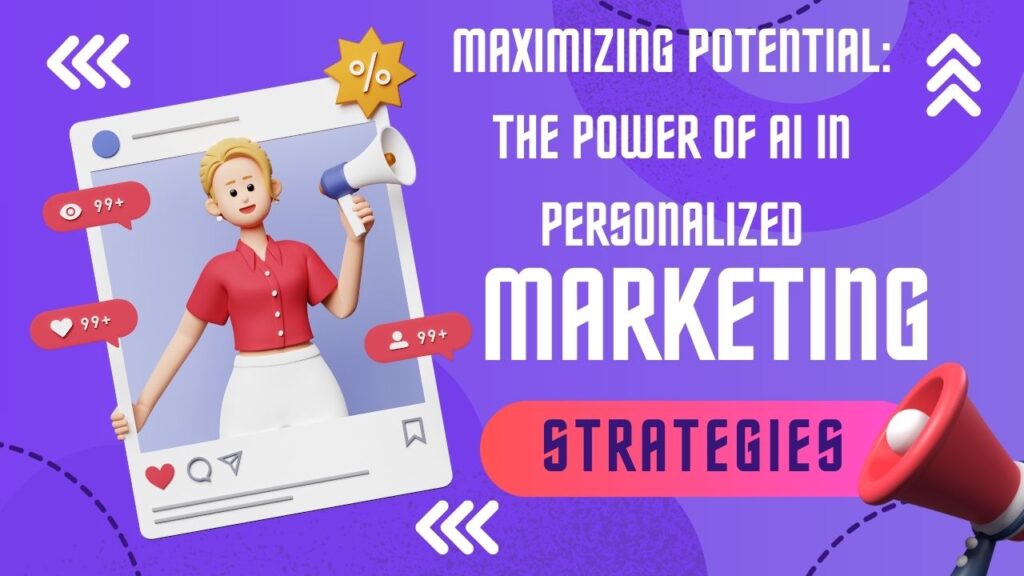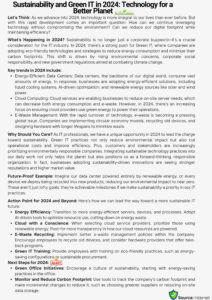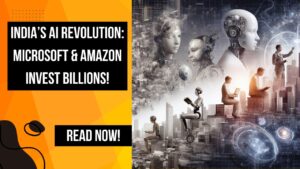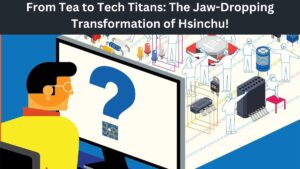
Introduction:
Marketing In the rapidly evolving landscape of digital era, businesses are constantly seeking innovative strategies to connect with consumers on a deeper level and drive meaningful engagement. One technology that has emerged as a game-changer in this regard is artificial intelligence (AI). By harnessing the power of AI, marketers can gain valuable insights into consumer behavior, streamline their marketing efforts, and create highly personalized campaigns that resonate with individual preferences. In this comprehensive guide, we’ll explore the transformative role of AI in personalized marketing and delve into strategies for leveraging this technology to maximize marketing potential.
1. Understanding AI-Powered Marketing:
AI-powered marketing represents a paradigm shift in how businesses approach customer engagement and conversion. At its core, AI-powered marketing involves the use of artificial intelligence technologies, such as machine learning, natural language processing, and predictive analytics, to analyze vast amounts of data and automate various marketing tasks. These technologies enable marketers to gain a deeper understanding of their target audience, identify trends and patterns, and deliver personalized content and recommendations across multiple channels.
For instance, e-commerce giant Amazon utilizes AI algorithms to analyze customer browsing and purchase history to recommend products tailored to each individual’s preferences. By leveraging AI-powered recommendation engines, Amazon has significantly increased sales and customer satisfaction.
2. Personalization at Scale:
One of the most significant advantages of AI-powered marketing is the ability to deliver personalized experiences at scale. Traditionally, personalizing marketing campaigns for each individual customer was a time-consuming and labor-intensive process. However, AI algorithms can analyze data from multiple sources, including social media, website interactions, and purchase history, to segment audiences into distinct groups based on their interests, behaviors, and preferences.
For example, a clothing retailer can use AI to identify customers who have shown an interest in specific product categories, such as activewear or formal attire. By segmenting the audience based on these preferences, the retailer can create targeted campaigns tailored to each segment, increasing the likelihood of engagement and conversion.
3. Predictive Analytics for Targeted Campaigns:
Another powerful application of AI in marketing is predictive analytics. By leveraging historical data and machine learning algorithms, marketers can forecast future trends and customer behaviors with a high degree of accuracy. Predictive analytics enables marketers to anticipate customer needs and preferences, optimize marketing strategies, and allocate resources more effectively.
For instance, a subscription-based service can use predictive analytics to identify customers who are at risk of churning. By analyzing factors such as usage patterns, engagement levels, and customer feedback, AI algorithms can predict which customers are most likely to cancel their subscriptions. Armed with this insight, the company can proactively reach out to these customers with targeted offers or incentives to encourage them to stay.
4. Enhancing Customer Engagement with Chatbots:
AI-powered chatbots are revolutionizing customer service and engagement by providing instant, personalized support to users 24/7. These virtual assistants use natural language processing to understand and respond to customer inquiries in real-time, improving response times and overall satisfaction.
For example, a travel agency can deploy a chatbot on its website to assist customers with booking flights, hotels, and rental cars. The chatbot can answer common questions, provide personalized recommendations based on the customer’s preferences, and even complete bookings directly within the chat interface. By automating routine tasks and providing immediate assistance, chatbots can enhance the customer experience and drive conversions.
5. The Future of AI in Marketing:
As AI technology continues to evolve, so too will its impact on marketing strategies. Advancements in technologies such as deep learning and computer vision will further enhance marketers’ ability to understand and engage with their target audience in meaningful ways.
For example, image recognition technology powered by AI can analyze visual content shared on social media platforms to identify trends and consumer preferences. Marketers can use this data to tailor their content strategy and create visually compelling campaigns that resonate with their audience.
Additionally, the integration of AI with other emerging technologies, such as augmented reality (AR) and voice assistants, will open up new opportunities for immersive and interactive marketing experiences. AR-powered product visualization, for instance, allows customers to try out products virtually before making a purchase, enhancing the online shopping experience and reducing the likelihood of returns.
Conclusion:
In conclusion, AI-powered marketing represents a revolutionary shift in how businesses connect with consumers and drive meaningful engagement. By harnessing the power of AI, marketers can gain valuable insights into consumer behavior, streamline their marketing efforts, and create highly personalized campaigns that resonate with individual preferences.
As the technology continues to advance, businesses that embrace AI-powered marketing will gain a competitive edge in today’s increasingly digital landscape. By leveraging AI algorithms to deliver personalized experiences at scale, predict future trends and customer behaviors, enhance customer engagement with chatbots, and explore emerging technologies, marketers can maximize marketing potential and drive sustainable growth in the digital age.






